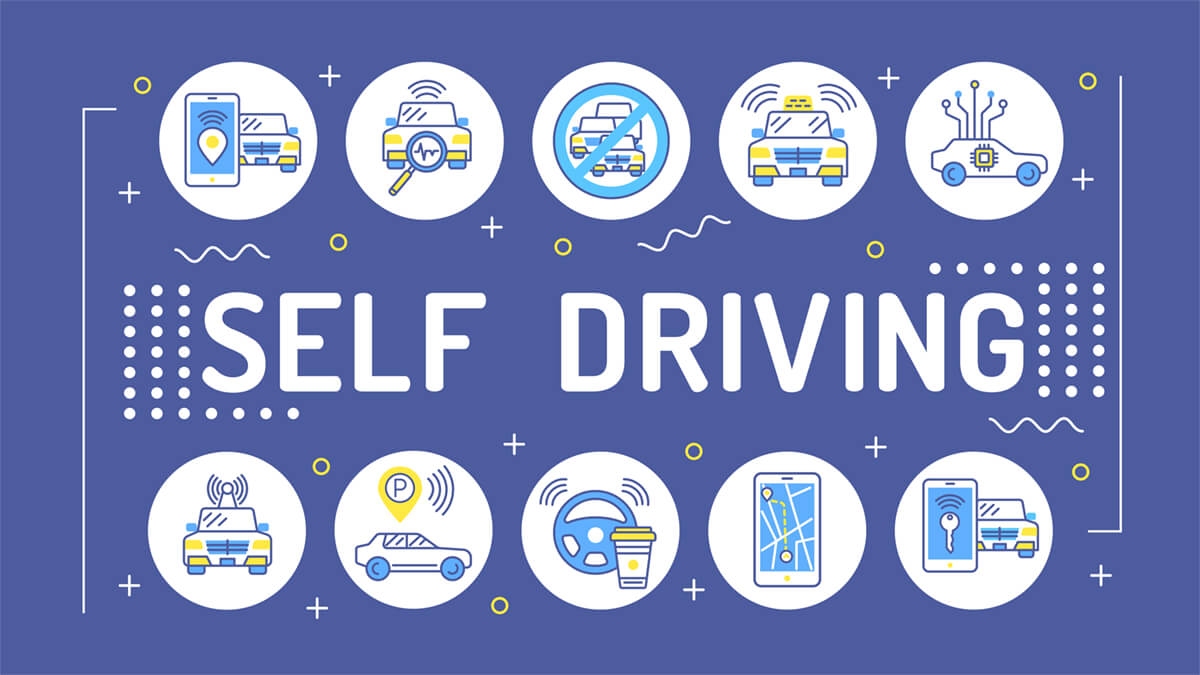Once relegated to futuristic visions and sci-fi movies, driverless cars are now a reality. And with that reality comes concern and controversy. While cars operated by computers can be safer and more efficient than those driven by humans, accidents are likely inevitable as the technology becomes more prevalent. So who’s held responsible when no one is sitting behind the wheel? The owner? The programmer? The company behind the navigation technology? Like the technology itself, the answers are still evolving.
Driverless Cars: Public Roads, Public Policy
The responsibility for shaping public policy around driverless cars initially lies with the U.S. Department of Transportation’s National Highway Traffic Safety Administration (NHTSA). Subsequently, the regulation of driverless cars will be adapted by policymakers and administrators in every state’s department of transportation.
States have begun to create legislation concerning driverless cars and to assist, NHSTA has developed a set of guidelines to follow. These recommendations include*:
- Providing a neutral ground for Automated Driving Systems (ADS) testing that is not limited to motor vehicle manufacturers.
- Include ADS in their state licensing and registration procedures.
- Ensuring solid reporting and communications mechanisms are in place to provide Public Safety Officials with key information, including reporting crashes and incidents involving ADSs.
- Reviewing and refining current traffic laws and regulations that could hinder the testing and use of ADSs on public roads.
How Can You Play a Role in Shaping Policy on Driverless Cars?
Automakers anticipate being able to market driverless cars to the public by 2020. If you’re interested in helping create and refine public policy around this technology, an online public policy degree program can help you prepare for a career in public policy and administration.
Public policymakers focus on major social issues and how they impact the public and private sectors. Public policy professionals take an evidence-based approach, grounded in research, to analyze and solve contemporary issues and develop appropriate policies that affect diverse aspects of our government and culture. Some of those areas include fiscal policy and government spending, regulation, entitlement reform, healthcare, national security, criminal justice, education, and even immigration.
If you’re interested in becoming a leader in public policy and administration, these two online degree programs can help you start or advance your career:
Challenging careers for public policymakers can be found in government, education, nonprofits, and healthcare.
Explore Walden University's online public policy degree programs for graduates and undergraduates. Get the help you need to continue your education and advance your career goals. Earn your degree in a convenient online format that fits your busy life.
*National Highway Traffic Safety Administration (NHTSA), Automated Vehicles for Safety / Automated Driving Systems: A Vision of Safety / Best Practices for State Legislatures, on the internet at https://www.nhtsa.gov/technology-innovation/automated-vehicles.




